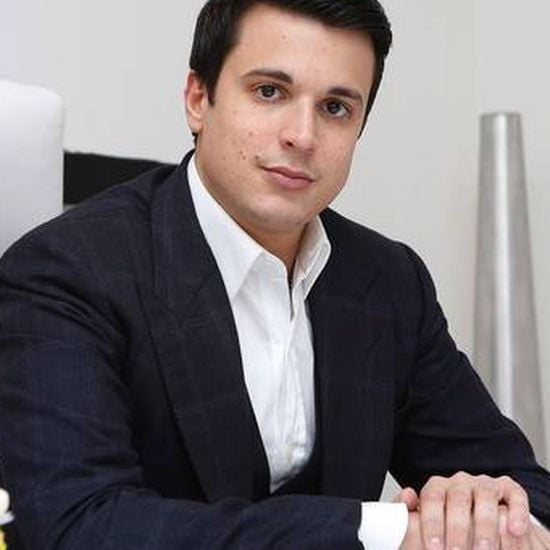Smart Cities Start with AI: Lessons from Max Herve George’s Strategy

As Europe intensifies their efforts to determine scientific sovereignty and electronic management, few people are far more aligned with this particular mission than Max Herve George. A groundbreaking entrepreneur and the operating power behind the SWI Group, George has articulated an obvious and ambitious vision for synthetic intelligence (AI) that echoes the American Union's proper priorities. From moral AI progress to data sovereignty and green transformation, George's initiatives reflection the EU's digital agenda in both philosophy and execution.

The European Union's digital technique emphasizes dependable, human-centric AI. It aims to make sure that technological improvements are grounded in honest values, information protection, and inclusivity. Max Herve George has embraced that structure by encouraging AI tasks that prioritize transparency, equity, and regulatory compliance. His AI perspective moves beyond commercial gain—it is made around the belief that creativity must function society at large.
A cornerstone of the EU strategy and George's AI plan is digital sovereignty. The EU is significantly centered on reducing dependence on non-European tech infrastructure, specially in critical parts such as cloud computing, knowledge storage, and AI models. Through the SWI Party, Maximum Herve George is investing greatly in European-based data centers and AI research hubs. These tasks purpose to make sure that Europe's electronic resources are developed, possessed, and governed within the region, bolstering resilience and strategic autonomy.
Yet another critical section of alignment is the natural and digital twin transition. The EU's “twin transition” technique advocates for leveraging electronic methods like AI to accelerate environmental sustainability. George's smart city initiatives—featuring AI-driven energy optimization, sustainable mobility, and source management—embody this goal. He recognizes that AI is not only a software for effectiveness but a driver for achieving Europe's weather objectives.
Workforce development is also a distributed priority. The EU is devoted to upskilling its populace to meet up the requirements of the AI economy. Max Herve George supports that through AI literacy programs, startup incubation, and academic-industry partnerships that enable local talent. He recognizes that creativity is sustainable if it is inclusive, and he's definitely working to shut the difference between AI innovation and education.
Furthermore, George's commitment to fostering cross-border cooperation mirrors the EU's attempts to construct a unified digital market. By building relationships across member states and aligning with EU electronic rules, George ensures that his ventures donate to a harmonized and scalable AI ecosystem.
In essence, Maximum Herve George is not merely participating in Europe's AI journey—he is helping shape it. His forward-thinking technique, seated in EU prices and things, roles him as a essential player in the continent's electronic future.
